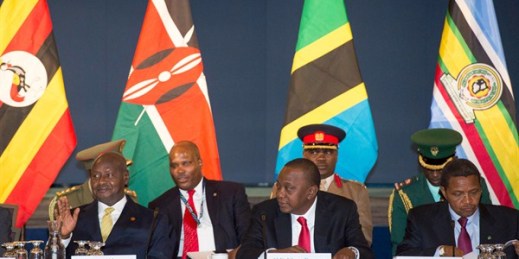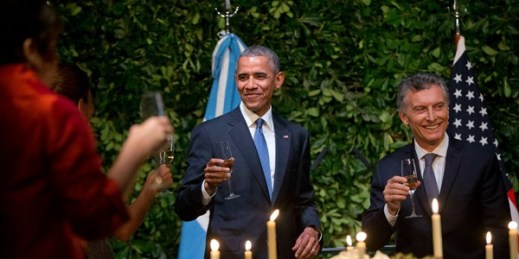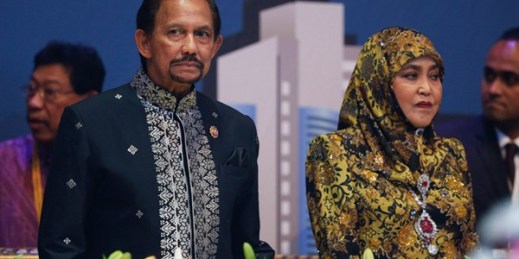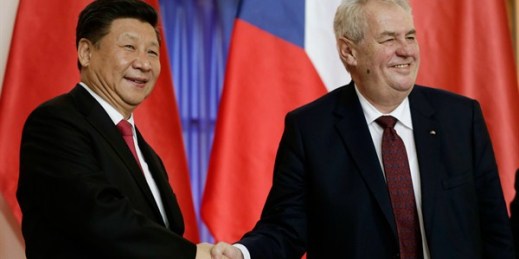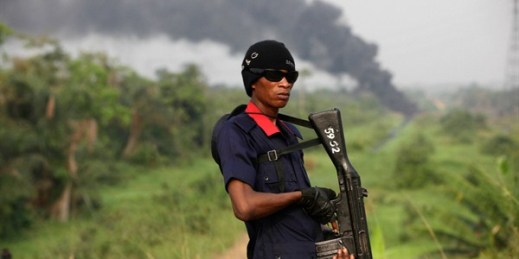
Last week, Nigerian President Muhammadu Buhari vowed to crush the “vandals and saboteurs” responsible for a growing number of attacks on oil pipelines in the economically vital but historically unstable Niger Delta. Buhari, however, has offered mixed signals to southern Nigeria: In January, he renewed an amnesty program for ex-militants, the same month that Nigerian authorities issued an arrest warrant for a former Delta militant leader on corruption charges. Attacks have been on the rise ever since, targeting the Escravos pipeline, Shell’s underwater Forcados pipeline and a pipeline operated by Italy’s ENI in Bayelsa state. Buhari’s carrot-and-stick approach to rising […]

